Las Vegas Convention and Visitors Authority Moves Towards Monorail Ownership
Posted on: November 25, 2020, 09:12h.
Last updated on: November 25, 2020, 09:47h.
A bankruptcy court judge has signed off on the Las Vegas Convention and Visitors Authority (LVCVA) taking ownership of the Strip’s monorail system.
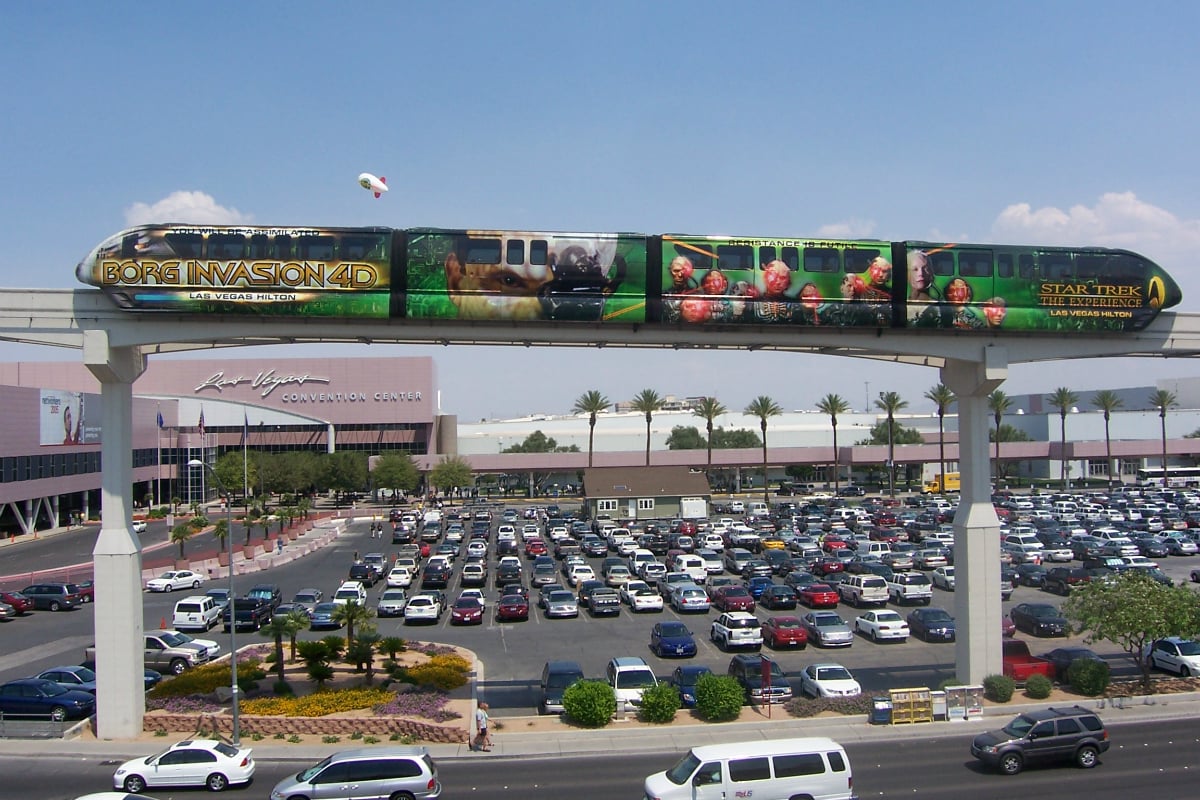
US Bankruptcy Court Judge Natalie Cox this week approved of the government agency buying the bankrupt Las Vegas Monorail Company for $24.26 million. The 3.9-mile elevated public transport service has been closed since mid-March. Most of the acquisition money will go towards creditors.
We are pleased the US Bankruptcy Court today approved the sale of the Las Vegas Monorail Co.’s assets to the LVCVA and look forward to the close of the transaction in the coming weeks,” said LVCVA President and CEO Steve Hill.
The Las Vegas Monorail opened in 1995 as a free two-stop shuttle between MGM Grand and Bally’s. The system expanded in 2004 to connect MGM Grand to Sahara, with five station stops in between.
The Las Vegas Monorail Company is the only privately owned public transportation system in the country. That status will end when the Convention and Visitors Authority takes ownership.
Noncompete Clause
The primary reason the LVCVA is buying the Monorail is to obtain the noncompete clause the company has on the building of new public transportation systems on the east side of the Las Vegas Strip.
The convention authority recently contracted billionaire Elon Musk’s Boring Company to build an underground people mover tunnel network below the newly expanded Las Vegas Convention Center. The $52.5 million project will whisk convention attendees across the exhibition complex in Tesla Model 3 and Model X vehicles at speeds up to 35 MPH.
The LVCVA wants to expand the Convention Center Loop, as the underground network is called, throughout the Strip. The agency is considering extending the tunnels as far south as McCarran International Airport, and as far north as Wynn and Encore.
Las Vegas Mayor Carolyn Goodman opposed the LVCVA buying the Monorail, as she feels it predominantly serves MGM Resorts properties. The Monorail also does not benefit the City of Las Vegas, as it stops at Sahara.
MGM confirmed it was approached by the Monorail Company about acquiring the transportation system, but declined.
Monorail Lives On
Once the acquisition is fully complete, the LVCVA will contract Western Management Group of Los Gatos, California, to operate the Monorail. The annual contract with Western Management is not to exceed $500,000.
Current Las Vegas Monorail Company President and CEO Curtis Myles is expected to be hired by Western Management. According to the Monorail Company’s 2018 tax filings, Myles was paid $343,733 that year.
When operational, Monorail tickets will cost $5 for a one-way ride. An unlimited 24-hour pass is $13, and seven-day pass $56. Monorail trains arrive every four to eight minutes.
The Monorail is 100 percent electric and produces zero emissions. The system transports nearly five million riders annually in a typical non-pandemic year.
Related News Articles
NagaCorp No Longer Interested in Russian Integrated Resort
Genting Shuts Down UK Casino Over Structural Stability Concerns
Most Popular
VEGAS MYTHS RE-BUSTED: The Mob Buried Hundreds of Bodies in the Desert
FTC: Casino Resort Fees Must Be Included in Upfront Hotel Rates
Genovese Capo Sentenced for Illegal Gambling on Long Island
NBA Referees Expose Sports Betting Abuse Following Steve Kerr Meltdown
Former Resorts World & MGM Grand Prez Surrenders Gaming License
Most Commented
-
Caesars Virginia in Danville Now Accepting Hotel Room Reservations
— November 27, 2024 — 8 Comments -
Whiskey Pete’s Casino Near Las Vegas Closing After 47 Years
— December 17, 2024 — 8 Comments -
Former Resorts World & MGM Grand Prez Surrenders Gaming License
— December 15, 2024 — 8 Comments -
NBA Referees Expose Sports Betting Abuse Following Steve Kerr Meltdown
— December 13, 2024 — 7 Comments


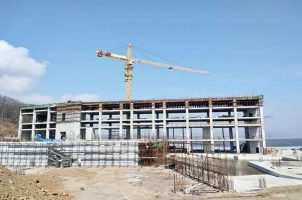
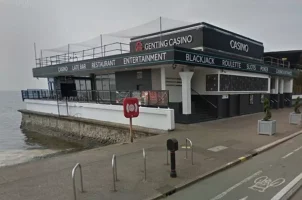










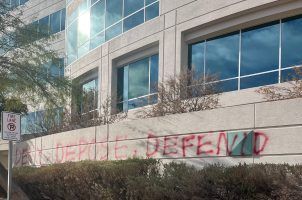
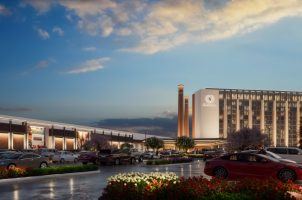
Last Comments ( 2 )
I used the monorail every time I was in town for a convention.
Sometimes the past must be dismantled before the future can be built.